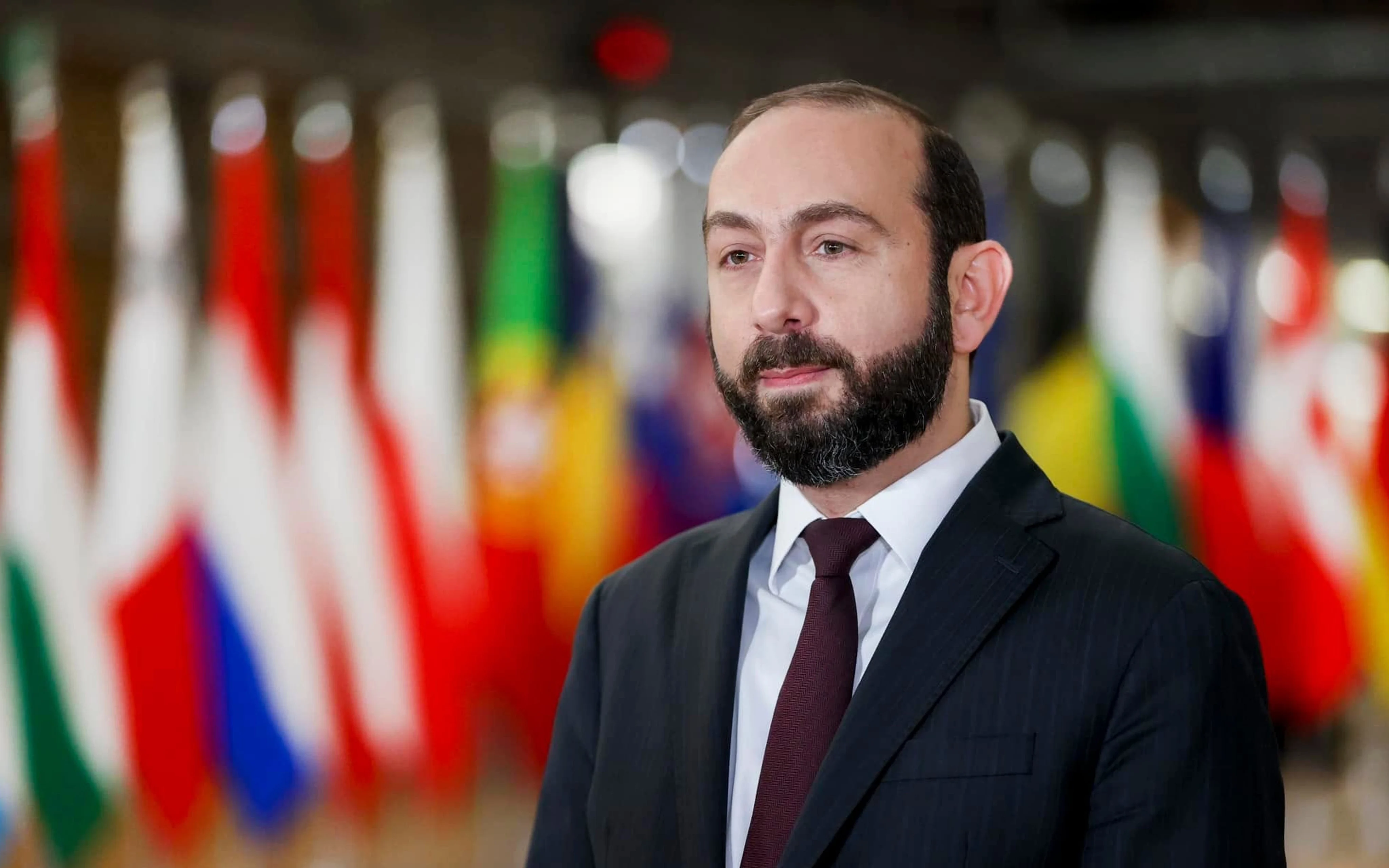By Laura Zhou
Armenia is looking to deepen ties with China with no limits, its foreign minister said, as the South Caucasus republic intensifies efforts to diversify its foreign policy away from Russia following the Nagorno-Karabakh war five years ago.
“Not only is there no impediment and any obstacle on the way of deepening our relations, but also there is openness and readiness to deepen these relations without any limitations,” Armenia’s top diplomat Ararat Mirzoyan told the South China Morning Post in an exclusive interview in Beijing.
Unlike Georgia and Azerbaijan, Armenia is the only one of the three South Caucasus countries yet to establish a strategic partnership with China, but Mirzoyan said both sides were ready to elevate bilateral ties to a higher level.
“I already mentioned that with our Chinese colleagues. We see the need for levelling up our relations to this and we noted the strategic nature of our relations, and we see the mutual interest in levelling up these relations officially as well,” he said.
Mirzoyan made the comments on the sidelines of his visit to the Chinese capital last week, when he was hosted by Chinese Foreign Minister Wang Yi.
The trip was Mirzoyan’s first official visit to China since becoming foreign minister in 2021. It comes as Armenia is actively diversifying its foreign policy following the Nagorno-Karabakh war in 2020, when it lost much of the region to Azerbaijan before Russia brokered a truce.
The 44-day conflict in 2020 resulted in the deaths of more than 3,800 Armenian soldiers and more than 2,700 Azerbaijani forces. After Azerbaijan breached the ceasefire and launched a large-scale military offensive against the self-declared breakaway state of Artsakh in September 2023, more than 100,000 ethnic Armenians fled the disputed Nagorno-Karabakh region.
Upset with Russia’s failure to intervene, Armenia announced in June last year that it would withdraw from the Collective Security Treaty Organisation, a Moscow-led military alliance of several post-Soviet states.
Meanwhile, Armenia has embarked on what are seen as major shifts in its foreign policy.
In January, it signed a strategic partnership agreement with the United States to expand cooperation in security, nuclear energy and other areas. A month later, Armenia’s parliament passed a bill officially endorsing the country’s bid to join the European Union.
Armenia has also expressed interest in joining Brics – an expanding bloc of emerging economies – as well as the Shanghai Cooperation Organisation, a Eurasian political, economic and security grouping with China as its rotating chair this year.
Talking to the Post at the Armenian embassy on Friday, Mirzoyan said political dialogue between Yerevan and Beijing was “intense and active”, adding that Armenia sought to push for stronger bonds with China, not just in trade and infrastructure but also in culture and people-to-people exchange.
When Armenia and Azerbaijan concluded negotiations over the text of the peace agreement, China was among the countries that welcomed the achievement, he said.
“Also, China expressed readiness to support the Armenia-Azerbaijan normalisation,” Mirzoyan said.
Clashes between Azerbaijan and Armenia since 2020 have highlighted the shifting dynamics in the South Caucasus, a critical transit hub linking Europe, Asia and the Middle East. The region holds significant strategic value for global powers competing for influence over trade routes, especially as Russia – dragged down by its war in Ukraine – is losing sway in the area.
Mirzoyan said there was an increased urgency for Armenia to normalise ties with its neighbours.
“There is always a risk for escalation, especially for Armenia. That’s why we are putting a lot of emphasis on institutionalisation of our normalisation process,” Mirzoyan said, referring to the push to sign a peace agreement with Azerbaijan and open the borders with Azerbaijan and Turkey.
Turkey and Armenia have yet to establish formal diplomatic ties because of historical disputes over the 1915 Armenian genocide – in which more than a million people died after Ottoman forces expelled or killed ethnic Armenians – and Turkey’s support for Azerbaijan in the Nagorno-Karabakh war.
But during a rare visit to Istanbul last month, Armenian Prime Minister Nikol Pashinyan and Turkish President Recep Tayyip Erdogan agreed to take steps to normalise bilateral ties.
Such normalisation would be crucial to Armenia’s Crossroads of Peace plan, which was unveiled in 2023 with the aim of improving connectivity between Armenia and its neighbours as well as the regions beyond, including Europe, Central Asia and China.
This could also open a door to connect Armenia’s Crossroads of Peace with the Belt and Road Initiative – Beijing’s transcontinental infrastructure and investment programme – and the Global Gateway, the EU’s €300 billion investment strategy, Mirzoyan added.
“Imagine, Armenian Crossroads of Peace wouldn’t have that huge impact without the belt and road project of China; and vice versa, probably belt and road wouldn’t run that smoothly if bypassing Armenia.”
